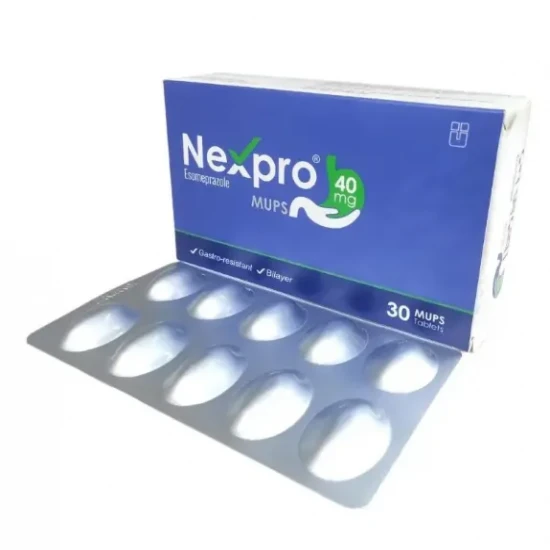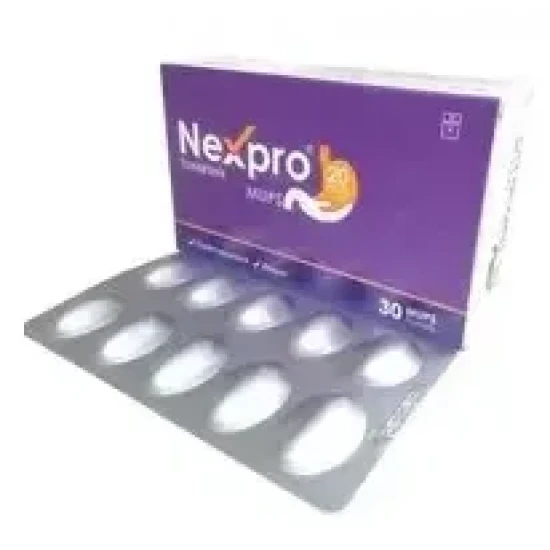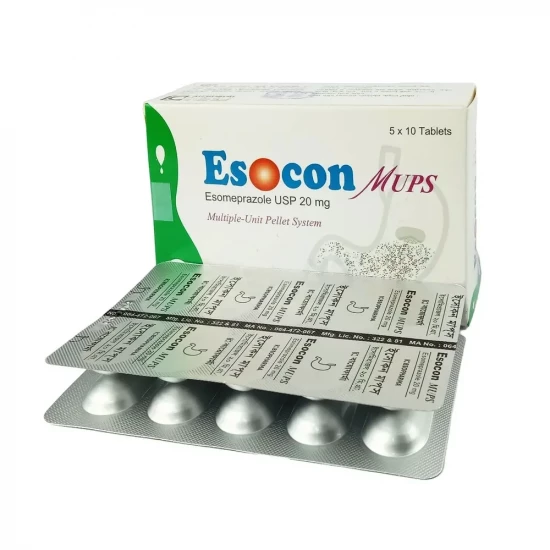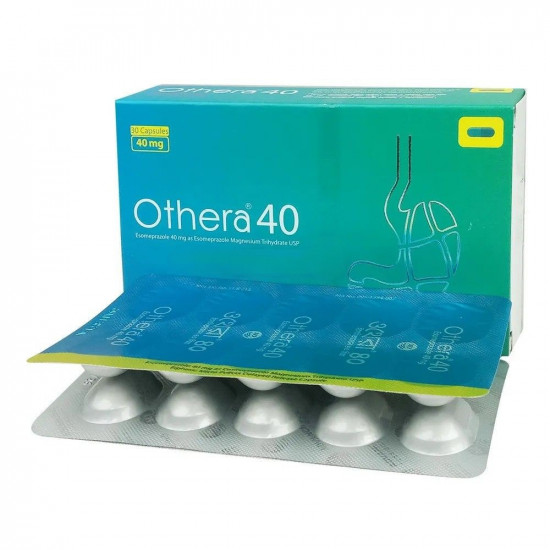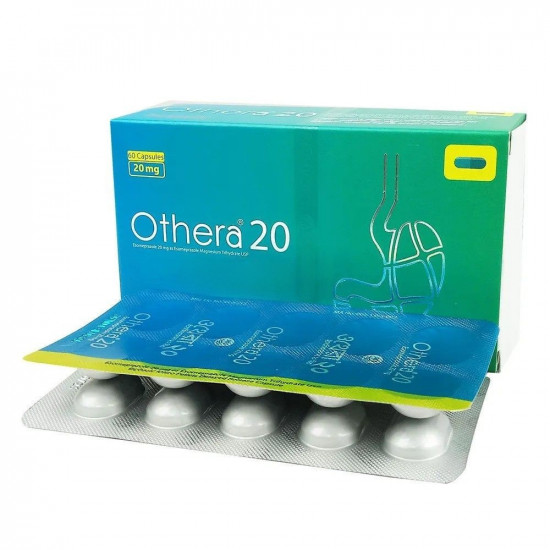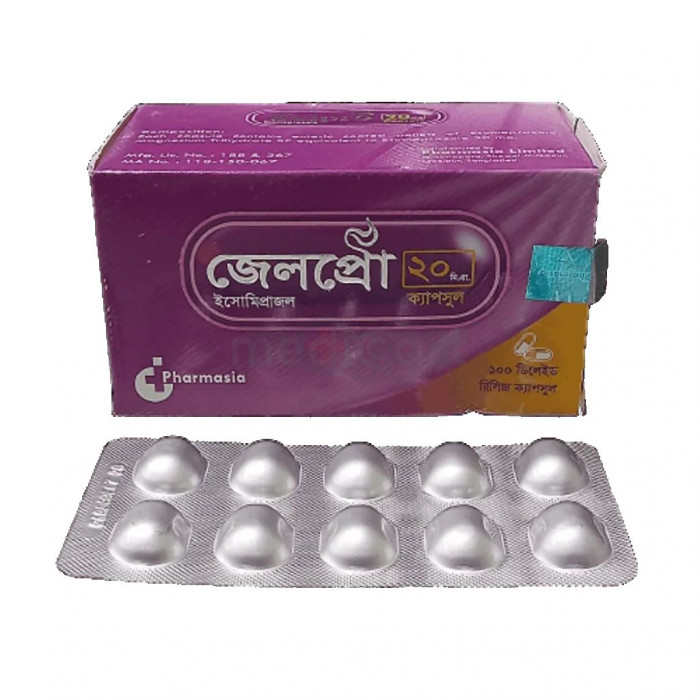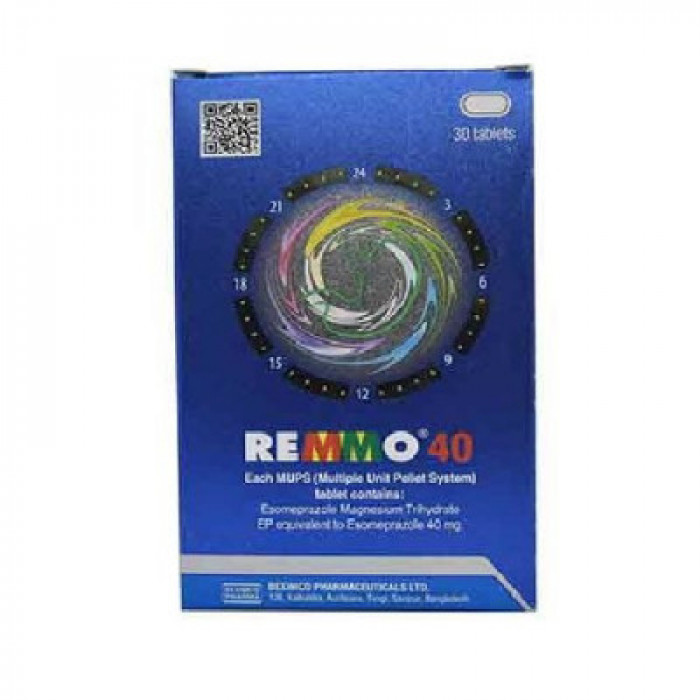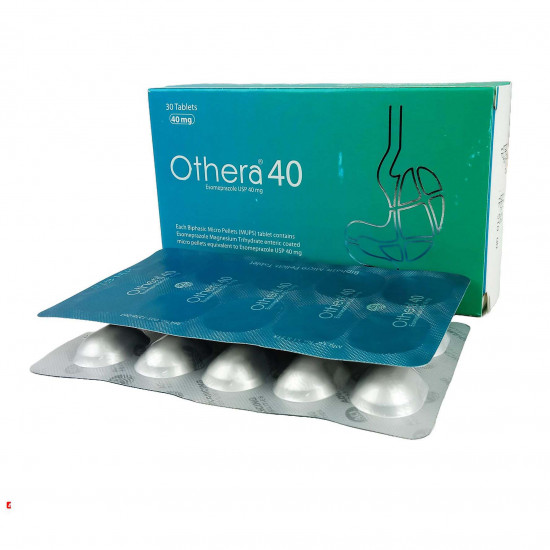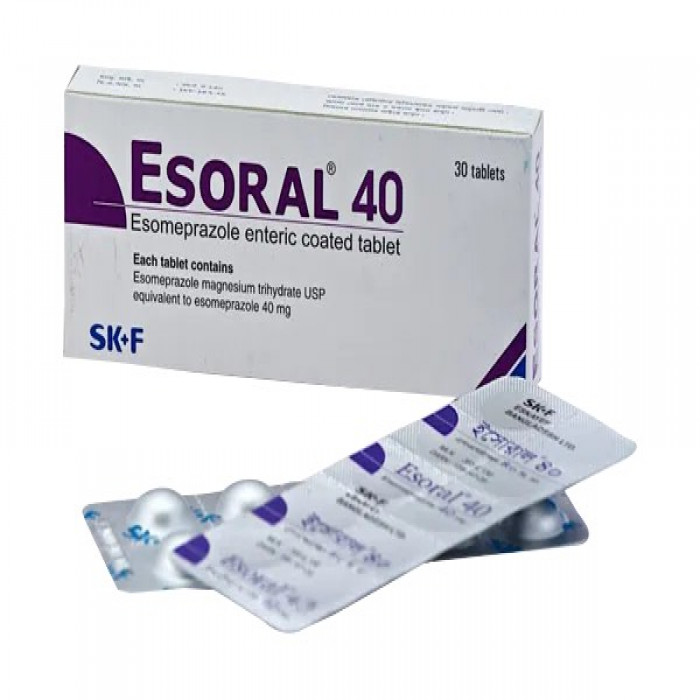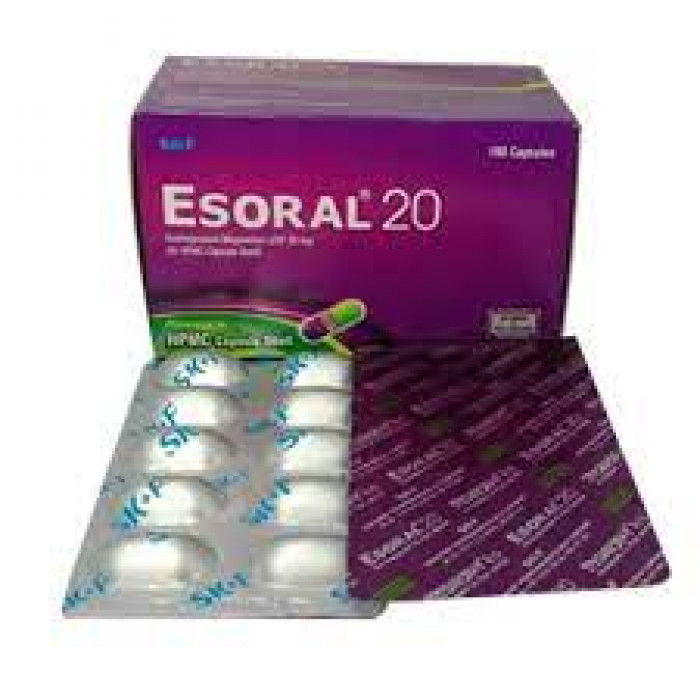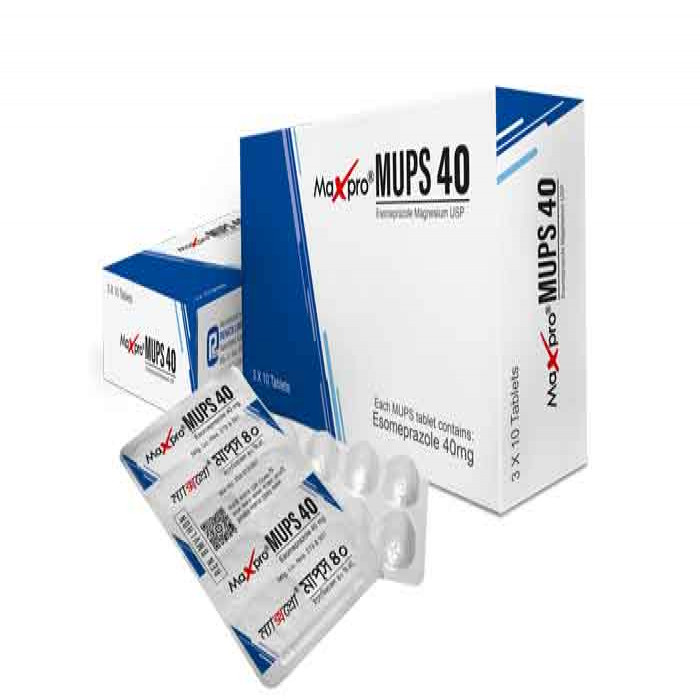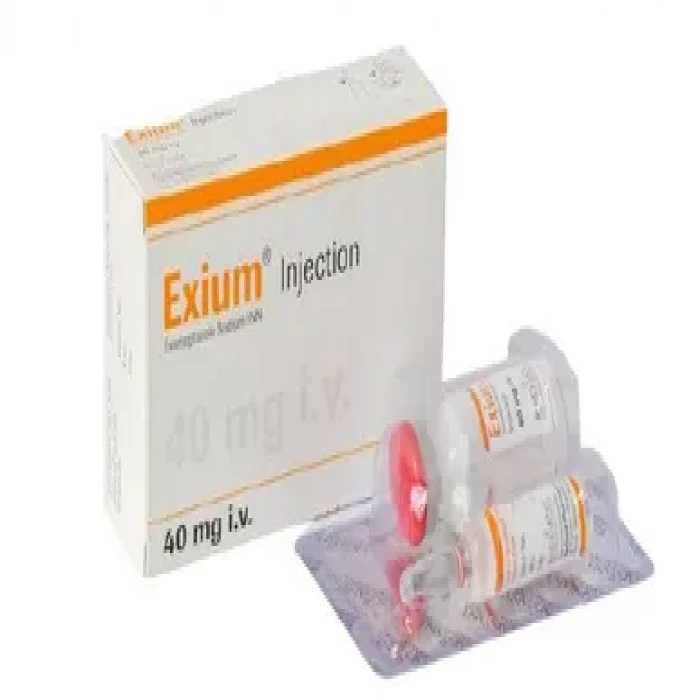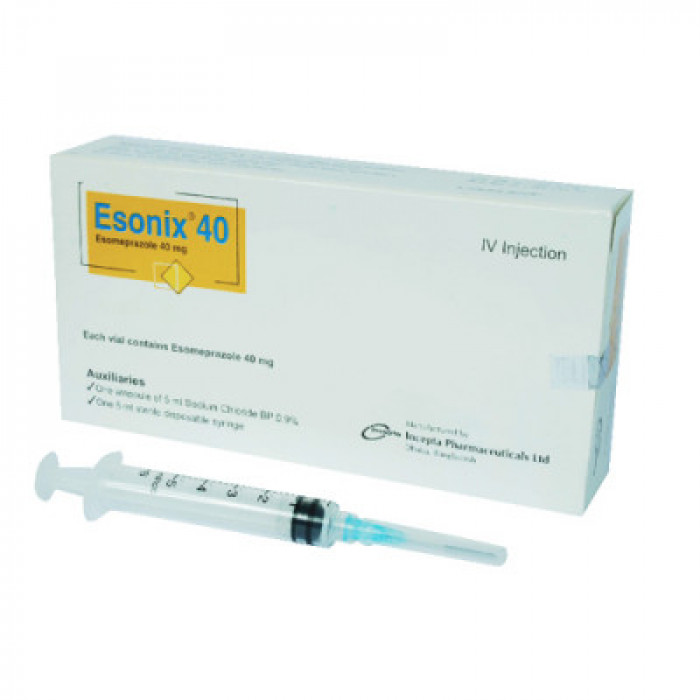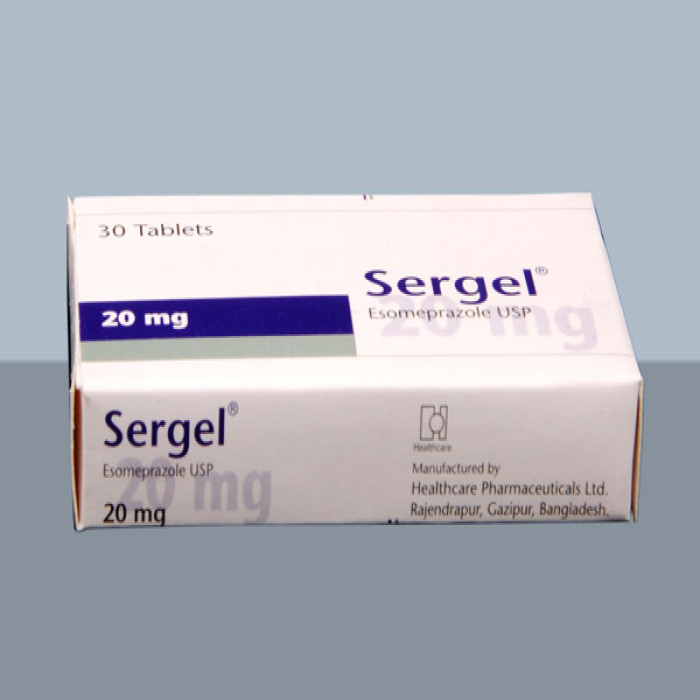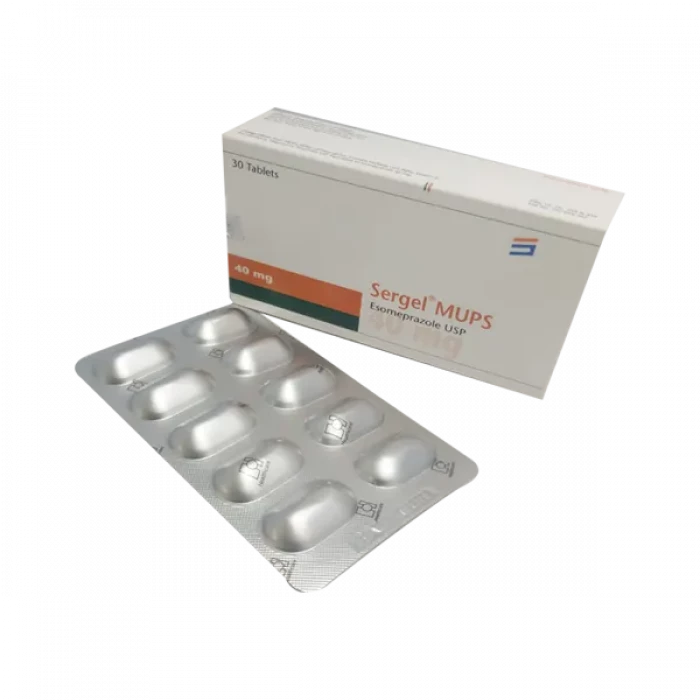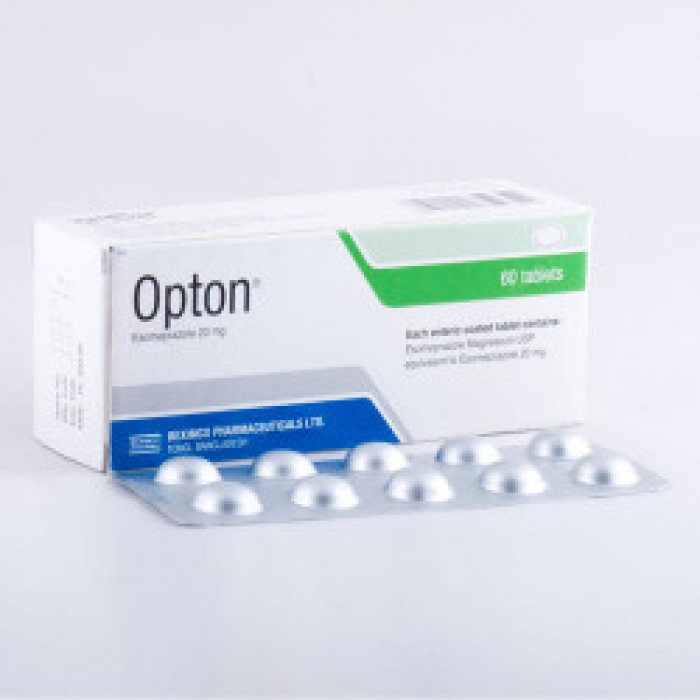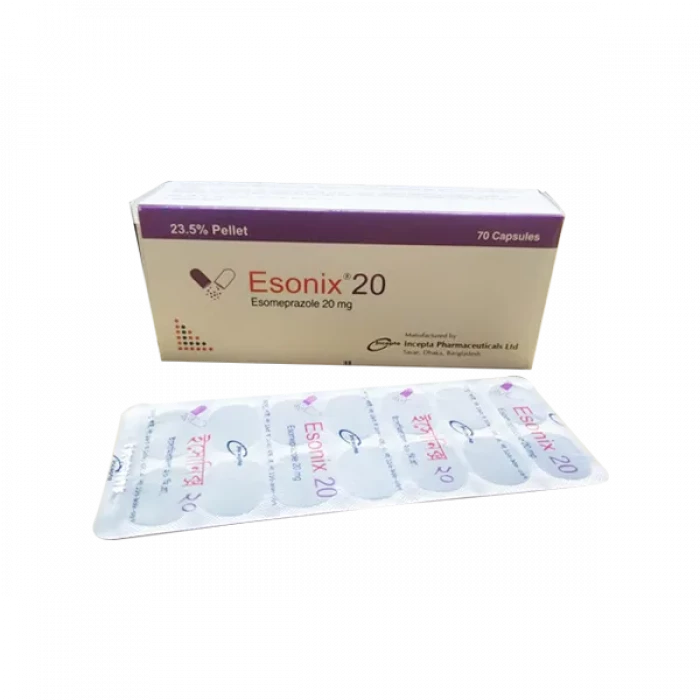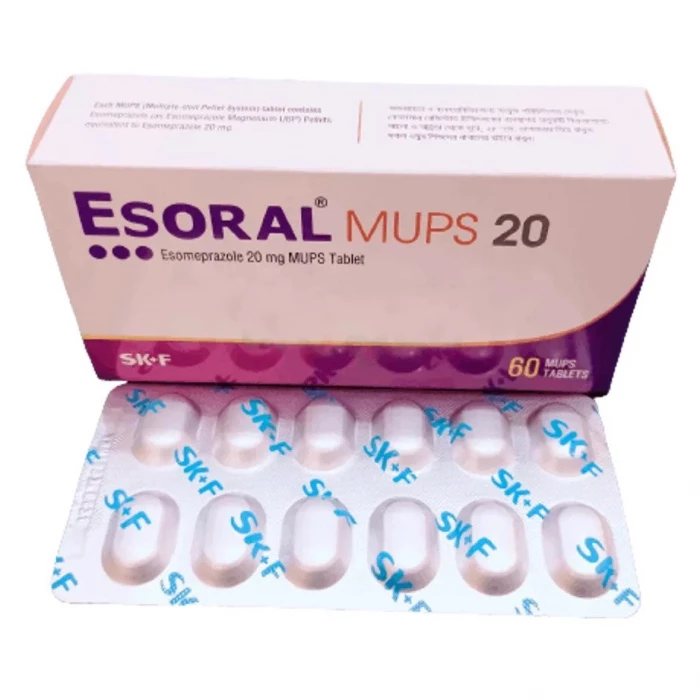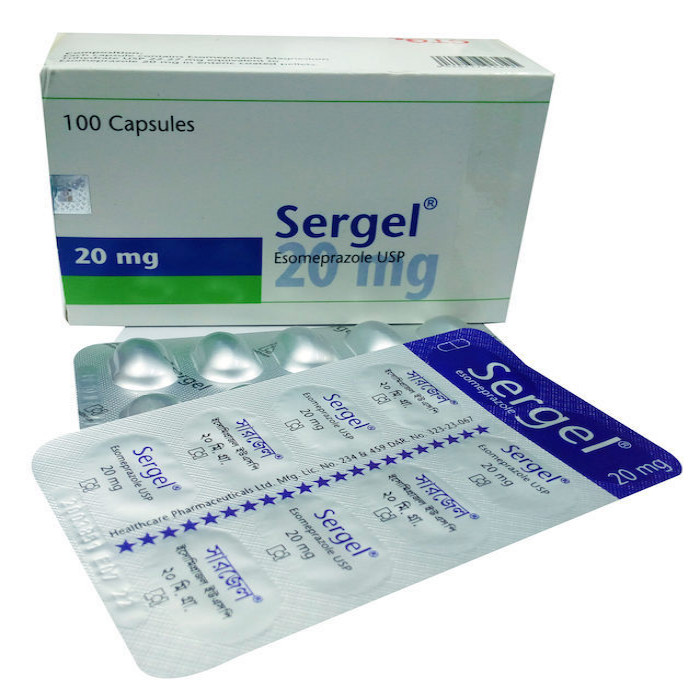
✔ 100% Authentic Product
👁️ Currently Viewing 6113
Sergel 20mg Capsule
Sergel 20mg is used to treat various digestive conditions such as Gastroesophageal Reflux Disease (GERD), Peptic Ulcers, and Zollinger-Ellison Syndrome.
Discount
Price: ৳ 68
MRP:
৳
70
3%
Off

100% Genuine Products, Guaranteed

Safe & Secure Payments, Always

Fast, Secure & Efficient Delivery

Proper Packaging
 Cash on Delivery - All over Bangladesh
Cash on Delivery - All over Bangladesh Regular Delivery - 12-24 Hours, Dhaka City* Charge Tk.39-59
Regular Delivery - 12-24 Hours, Dhaka City* Charge Tk.39-59 Regular Delivery - 24-48 Hours, Other Cities* Charge Tk.99-110
Regular Delivery - 24-48 Hours, Other Cities* Charge Tk.99-110
 ফ্রি ডেলিভারিঃ - ৯৯৯ টাকা+ অর্ডারে, ঢাকা
শহরে
ফ্রি ডেলিভারিঃ - ৯৯৯ টাকা+ অর্ডারে, ঢাকা
শহরে ফ্রি ডেলিভারিঃ - ২৯৯৯ টাকা+ অর্ডারে, ঢাকার
বাহিরে
ফ্রি ডেলিভারিঃ - ২৯৯৯ টাকা+ অর্ডারে, ঢাকার
বাহিরে
100% Genuine Products, Guaranteed
Safe & Secure Payments, Always
Fast, Secure & Efficient Delivery
Proper Packaging
 Cash on Delivery - All over Bangladesh
Cash on Delivery - All over Bangladesh Regular Delivery - 12-24 Hours, Dhaka City* Charge Tk.39-59
Regular Delivery - 12-24 Hours, Dhaka City* Charge Tk.39-59 Regular Delivery - 24-48 Hours, Other Cities* Charge Tk.99-110
Regular Delivery - 24-48 Hours, Other Cities* Charge Tk.99-110 ফ্রি ডেলিভারিঃ - ৯৯৯ টাকা+ অর্ডারে, ঢাকা
শহরে
ফ্রি ডেলিভারিঃ - ৯৯৯ টাকা+ অর্ডারে, ঢাকা
শহরে ফ্রি ডেলিভারিঃ - ২৯৯৯ টাকা+ অর্ডারে, ঢাকার
বাহিরে
ফ্রি ডেলিভারিঃ - ২৯৯৯ টাকা+ অর্ডারে, ঢাকার
বাহিরে
✅ Description:
- Sergel 20mg/Esomeprazole 20mg is a medication used to treat various digestive conditions.
- It is a proton pump inhibitor (PPI) that reduces the amount of acid produced in the stomach. Esomeprazole is used to treat conditions such as gastroesophageal reflux disease (GERD), peptic ulcers, and Zollinger-Ellison syndrome.
- It can also be used to prevent upper gastrointestinal bleeding in critically ill patients.
- 'It is important to take esomeprazole exactly as prescribed by a healthcare provider and to inform the doctor of any other medications or supplements being taken.
- Common side effects of esomeprazole include headache, diarrhea, and abdominal pain.
Safety Advices

Alcohol
SAFE
It is generally considered safe to drink alcohol while taking Sergel 20, but there can be some potential interactions and side effects to be aware of.

Pregnancy
CONSULT YOUR DOCTOR
If you are pregnant or planning to become pregnant, it's important to discuss the use of esomeprazole with your doctor. They can help you determine if the medication is appropriate for you and help you weigh the potential risks and benefits for your individual situation.

Breastfeeding
CONSULT YOUR DOCTOR
If you are breastfeeding, it's important to discuss the use of sergel 20mg with your doctor.

Driving
CONSULT YOUR DOCTOR
If you experience side effects while taking Sergel 20mg that affect your ability to drive, it's important to avoid operating heavy machinery or driving until the symptoms have resolved. If the symptoms persist or become more severe, it's important to talk to your doctor as soon as possible.

Kidney
SAFE IF PRESCRIBED
Esomeprazole is generally considered safe for most people when taken as directed. If you have kidney disease or impaired kidney function, it's important to talk to your doctor about the use of Esomeprazole20 /Sergel 20.

Liver
SAFE IF PRESCRIBED
Esomeprazole is generally considered safe for most people when taken as directed. However, the safety of esomeprazole in individuals with liver disease or impaired liver function may vary.
✔️ Uses of Sergel 20mg:
Esomeprazole 20mg is used to treat various digestive conditions, including:
- Gastroesophageal reflux disease (GERD): a condition in which stomach acid flows back into the food pipe, causing heartburn and other symptoms.
- Peptic ulcers: sores that develop in the lining of the stomach or duodenum (the first part of the small intestine).
- Zollinger-Ellison syndrome: a rare condition in which the stomach produces too much acid.
- Gastrointestinal bleeding: Helps prevent upper gastrointestinal bleeding in critically ill patients.
✔️ Side Effects of Sergel 20mg:
- Headache
- Dizziness
- Dryness in mouth
- Nausea
- Abdominal pain
- Constipation
- Flatulence
- Diarrhea
✔️ How to Use Sergel 20mg:
Esomeprazole is typically used once daily, first thing in the morning. It may be consumed with or without meals. Take one dose of esomeprazole in the morning and one in the evening if you take it twice a day. Take pills and capsules whole, followed by a glass of water (non-fizzy).
✔️ Quick Suggestions:
- Take esomeprazole exactly as prescribed by a healthcare provider.
- Swallow the tablet whole, with a glass of water. Do not crush, chew, or break the tablet.
- Esomeprazole is usually taken once a day, before a meal.
- The length of treatment with esomeprazole may vary depending on the condition being treated.
- Inform your healthcare provider of any other medications or supplements you are taking.
- Contact a healthcare provider if you experience any unusual side effects or symptoms.
- Store esomeprazole at room temperature, away from moisture and heat.
✔️ Indication of Sergel 20 mg:
A medication called Sergel 20 lowers the amount of acid your stomach produces. Heartburn, acid reflux, and issues with your food pipe are all treated with it. Stomach ulcers can also be prevented and treated with it. As directed by your doctor, take Sergel 20.
✔️ Pharmacology
Sergel is a proton pump inhibitor that inhibits stomach acid production by inhibiting the H+/K+-ATPase in the gastric parietal cell specifically. Esomeprazole (S-isomer of omeprazole) is the first proton pump inhibitor with a single optical isomer that provides superior acid control than racemic proton pump inhibitors.
Sergel capsules include an enteric-coated pellet formulation of esomeprazole magnesium for absorption. Peak plasma levels (Cmax) occur around 1.5 hours after oral dosing (Tmax). When the dosage is increased, the Cmax increases proportionately, and the area under the plasma concentration-time curve (AUC) increases thrice from 20 to 40 mg. The systemic bioavailability is around 90% with repeated once-daily dosage, compared to 64% after a single dose. When compared to fasting circumstances, the AUC following a single dosage of esomeprazole is reduced by 33-53 percent after food ingestion. Take esomeprazole at least one hour before meals.
Sergel is linked to plasma proteins in 97 percent of cases. Over a concentration range of 2 20 mmol/L, plasma protein binding is constant. In healthy individuals, the apparent volume of distribution at a steady state is around 16 L.
Metabolism: The cytochrome P450 (CYP) enzyme system extensively metabolizes esomeprazole in the liver. Esomeprazole metabolites have no anti-secretory action. The CYP2C19 isoenzyme, which produces the hydroxy and dimethyl metabolites, is responsible for the majority of esomeprazole metabolism. The remainder is dependent on CYP3A4, which produces the sulphonyl metabolite.
✔️ Dosage of Sergel 20mg:
- Healing of Erosive Esophagitis: 20 mg or 40 mg Once Daily for 4-8 Weeks. The majority of patients are healed within 4 to 8 weeks. For patients who don't heal after 4-8 weeks, an additional 4-8 weeks of treatment may be considered. Maintenance of Healing of Erosive
- Esophagitis: 20 mg Once Daily (Clinical studies did not extend 6 months).
- Symptomatic GERD: 20 mg Once Daily for 4 Weeks. If symptoms do not resolve completely after 4 weeks, an additional 4 weeks of treatment may be considered.
- Helicobacter Pylori eradication: Triple Therapy to reduce the risk of Duodenal Ulcer recurrence-Esomeprazole 40 mg Once Daily for 10 days, Amoxicillin 1000 mg Twice Daily for 10 days, Clarithromycin 500 mg Twice Daily for 10 days.
- Zollinger-Ellison Syndrome: The dose is 20-80 mg once daily. The dosage should be adjusted individually and treatment continued as long as clinically indicated.
- Acid-related Dyspepsia: 20-40 mg once daily for 2-4 weeks according to the response.
- Duodenal ulcer: 20 mg once daily for 2-4 weeks. Gastric ulcer: 20-40 mg once daily for 4-8 weeks.
✔️ Administration of Sergel 20mg:
Take Sergel 20mg as advised by your physician. Swallow the medicine with a glass of water. Do not crush or chew the medicine. It must be taken during or just after meals.
Your doctor will decide the correct dose and duration of therapy for you depending on your age, body weight, and severity of infection. Do not stop therapy or skip doses in between the therapy to achieve better control over the infection.
✔️ Interaction
CYP2C19 and CYP3A4 substantially metabolize esomeprazole in the liver. Esomeprazole is unlikely to inhibit CYPs 1A2, 2A6, 2C9, 2D6, 2E1, and 3A4, according to in vitro and in vivo investigations. There should be no clinically significant interactions with medicines processed by these CYP enzymes. Esomeprazole has no clinically significant interactions with phenytoin, warfarin, quinidine, clarithromycin, or amoxicillin, according to drug interaction studies.
Sergel may interact with the main Esomeprazole metabolizing enzyme, CYP2C19. Co-administration of Esomeprazole 30 mg with diazepam, a CYP2C19 substrate, resulted in a 45 percent reduction in diazepam clearance. Increased diazepam plasma levels have been reported 12 hours after treatment and beyond. Esomeprazole works by inhibiting stomach acid output. As a result, Esomeprazole may impair medication absorption in cases where stomach pH is a key driver of bioavailability (e.g., ketoconazole, iron salts, and digoxin).
Co-administration of oral contraceptives, diazepam, phenytoin, or quinidine does not appear to alter Esomeprazole's pharmacokinetic profile.
Combination Therapy with Clarithromycin: Co-administration of esomeprazole, clarithromycin, and amoxicillin has resulted in increases in esomeprazole and 14-hydroxyclarithromycin plasma levels.
✔️ Contraindications
Esomeprazole is not recommended for those who have a history of hypersensitivity to any of the formulations.
✔️ Pregnancy & Lactation
In pregnant women, there are no appropriate and well-controlled trials. Teratogenic effects have not been discovered in animal investigations. Esomeprazole excretion in milk has not been examined. If the use of esomeprazole is deemed necessary, breastfeeding should be stopped.
✔️ Precautions & Warnings
- In general, symptomatic response to esomeprazole treatment does not rule out the presence of stomach cancer.
- Sergel pills should be taken at least one hour before meals, according to the manufacturer's instructions.
- For patients who have trouble swallowing capsules, put one spoonful of applesauce in an empty bowl, open the Esomeprazole capsules, and carefully pour the pellets within the capsule into the applesauce.
- The pellets should be combined with the applesauce and quickly eaten.
- The applesauce used should be cold and mushy enough to be eaten without chewing.
- It is not recommended that the pellets be eaten or crushed.
- The pellet/applesauce combination should not be kept in the refrigerator for later usage. While using esomeprazole, you may use antacids.
✔️ Storage Conditions
Store in a dry location at a temperature not exceeding 30°C. Keep out of direct sunlight and dampness. Keep out of children's reach.
⚠️Disclaimer:
At ePharma, we’re committed to providing accurate and accessible health information. However, all content is intended for informational purposes only and should not replace medical advice from a qualified physician. Please consult your healthcare provider for personalized guidance. We aim to support, not substitute, the doctor-patient relationship.




